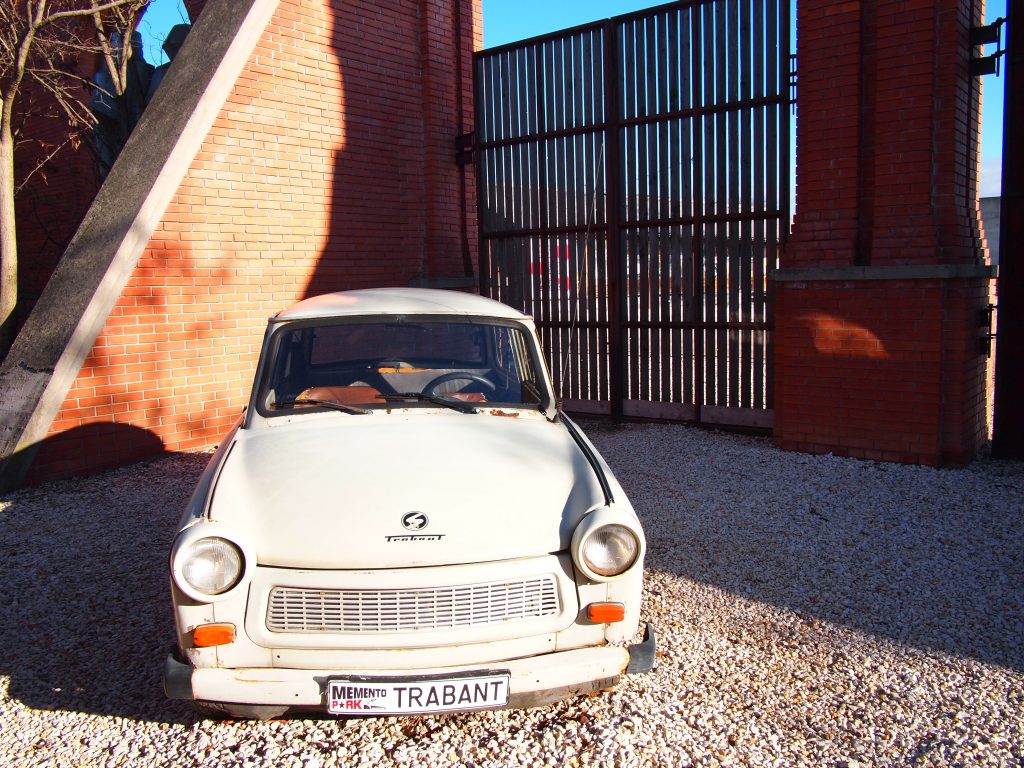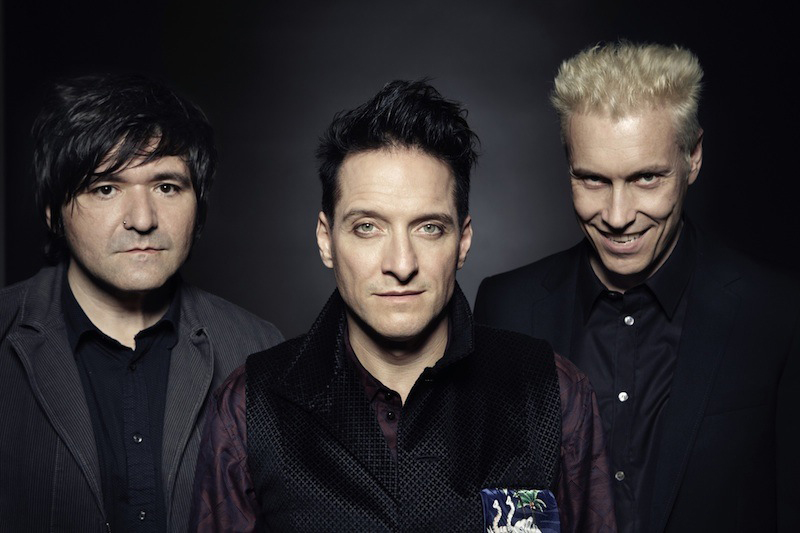German insults – it’s one of the most spoken languages in the world and based on the latest findings, it is used by over 76 million speakers. The German language is unique given by its often seemingly endless sentences and words, and also based on its ability to create new and super specific words that simply do not exist in other languages.
One example of this is the word ‘Fernweh’ which in English translates literally to combining the words ‘distant’ and ‘sore’. Just like the word ‘homesick’, Fernweh is used to describe the sense of feeling nostalgic about traveling abroad and going to distant places. A convenient word to have in the dictionary especially in the age of Coronavirus, right?

However, that is not everything that is unique about the language. What makes it even more special is the number of insults and swear words used on a daily basis by the native speakers – some mild and others… not as much. German insults are often funny and interesting to learn due to the creativity of the language to create an insult out of a mixture of words. This is a direct outcome of the rich vocabulary that the German language is famous for.
Due to the language’s high volume of swear words and inability to cover all the gems out there, in this article, we will give examples of the top 5 German insults used especially in the part of the country that was under the Iron Curtain for the long decades of the Cold War: East Germany, otherwise known as the German Democratic Republic!
5. “Brummochs” or “Hornochsen”
Both of these words derive from the animal “bull” and are used to describe someone who is a fool or a blockhead. In Germany, there is also a fun card game called “Hornochsen” which consists of avoiding becoming bullhead at the end of the game.
4. “Bist wohl in de S-Bahn jebor’n?”
Translated literally, it means “Are you born in the S-Bahn?” In Germany, S-Bahn is the word for the country’s suburban trains. Known for their efficiency, they connect the various corners of major German cities and are well used by locals.

This phrase is directed towards people who do not close the door after themselves, especially in winter times and it is very commonly used in Berlin. It is therefore a less polite way to force someone to go back and close the door behind them while making them feel rather uncomfortable about their manners or lack thereof.
3. “Leck mich am Arsch!”
The following swearing is not only used in the East, but it is also one of the most famous swear phrases in all regions of Germany. The literal translation is “Lick me on the ass”, which usually is used rather in the sense of “Kiss my ass”.
There exist numerous insults in German that include the word “Arsch”. Another related key insult is “Arschgeige”, which literally means “ass violin” and it is used to describe someone who is an idiot and cannot do anything right.”
2. German Insults for Annoying People: “Backpfeifengesicht”
Have you ever looked at someone and felt the strong urge to punch them in the face? Maybe your enemy, whose grin irritates you so much that you just want to wipe it off their face, or simply someone you cannot stand for a different reason?

If The answer to this question is yes, then the translation to this insult is clear – it describes a face that is begging to be punched or slapped. Again, used mainly in the North-eastern part of Germany, “Backpfeifengesicht” combines two words – “Backpfeife” which translates to a “punch or slap” and “Gesicht” which means “face”.
Back in 1998, the famous German punk band from Berlin called Die Ärtze created a song with the title “Backpfeifengesicht”. The song focused on a person who is having a stupid look on his face, a face you would like to punch. Chances are we all know a person like that.
1. German Insults in East Berlin: “Kackbratze”
Kackbratze is a slang term often referred to the German comedian from Berlin – Kurt Krömer used the word in one of his comedy sketches. For this reason, this insult can most commonly be heard in the state of Berlin.

It combines two words – “Kacke” and “Bratze”. The word “Kack-” is a colloquial prefix and its literal meaning is crap, while “Bratze” is used as a derogatory term for a person, usually a woman, that is perceived as unattractive. As a whole, it is meant to describe an ugly person, but one needs to be careful because while it is usually taken as a joke, some people might perceive it rather seriously.
In summary, overall it is safe to say that the German language does not lack creativity when it comes to creating insults. If you go to Germany, you can be sure that you will hear insults being used by the natives on numerous occasions, whether you are in the West or the East.
Moreover, if you combine the insults with a slightly aggressive German tone, you might feel offended. However, one should not forget that in most cases, the insults that are used are not meant in an offensive way, but rather as a joke.
To check out former East Germany for yourselves, contact us for a range of private tours across this fascinating part of the former Eastern Bloc. You never know, you may hear some of these East German insults in action!





